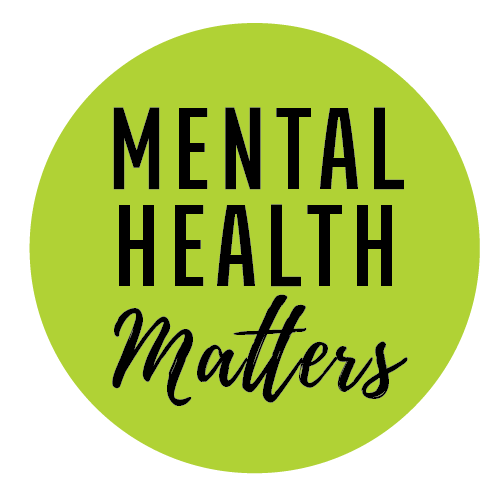
By Edson Baraukwa | Africa Guardian
In the vibrant tapestry of human existence, it is an inherent responsibility to acknowledge and embrace the diverse facets of being human. Sometimes, we inadvertently construct invisible barriers around ourselves, gradually solidifying over time, making it an immense challenge to break free. Furthermore, these barriers can create a solitary confinement, a pit where extending an invitation to others seems almost impossible.
Engaging in deep introspection and exploring the complex layers of personal experiences can indeed be an exhilarating journey, especially for those with an intellectual propensity. However, venturing too far in this internal journey can lead to isolation. Thus, it is vital to set personal boundaries, markers to remind yourself when it is time to resurface and reconnect with the world.
Moreover, nurturing your inner observer, the voice that guides you back to equilibrium, can potentially be a potent strategy to mitigate crippling anxiety. It’s a gentle reminder to step back when necessary, to prevent oneself from spiralling too far into the depths of worry and distress.
Dr. Jordan Peterson, a renowned Canadian clinical psychologist, emphasized the importance of maintaining a thoughtful existence in one of his online lectures. According to him, active thinking facilitates effective navigation in the abstract realms of life. This thoughtful navigation equips us to confront and overcome the daily battles we encounter. But what happens when our minds embrace stillness for extended periods? How does one react in unprecedented situations where the mind is at a standstill?
Encountering such moments can sometimes be a surreal experience, possibly leading to panic attacks or intense realizations. These are the crucial moments I aim to delve into, exploring the coping mechanisms that could potentially shield us from anxiety.
Eckhart Tolle, in his insightful book “Stillness Speaks”, elucidates on the phenomena occurring when the mind enters a state of tranquility. Drawing from his teachings, I believe that instilling the principles of mindful thinking from an early age should be imperative in our educational system. This approach can forge a generation equipped with the skills to navigate mental health challenges effectively, reducing susceptibility to conditions like bipolar disorder, ADHD, and schizophrenia.
In light of the Tanzanian government’s recent policy to cease boarding facilities for kindergarten and lower primary students, children now have the golden opportunity to foster closer bonds with their families. This change is poised to bolster emotional security amongst the youth, fostering a nurturing environment conducive to their growth and development.
Recent statistics from the United Republic of Tanzania, broadcasted on TBC1, indicate a concerning rise in mental health patient admissions at the Muhimbili national hospital. It is in this context that the implementation of mindful thinking in educational curricula becomes all the more urgent.
By adopting mindful thinking, individuals, particularly the youth, will realize that a high intellectual capacity is not a flaw nor a ticket to superiority. Instead, it can foster a robust sense of self-confidence, enabling them to function effectively in various spheres of life, facilitating rich and diverse interactions across intellectual spectrums.
Furthermore, teaching the art of maintaining a calm mind can shield the youth from succumbing to detrimental habits like drug and alcohol abuse. Often, these habits stem from a lack of understanding and guidance during formative years, leaving them with unanswered questions and untamed curiosities that veer towards destructive paths.
By fostering a generation armed with the knowledge and tools to navigate their minds judiciously, we pave the way for a society where intellect is celebrated, mental health is safeguarded, and individuals are empowered to thrive amidst life’s intricacies.
___
